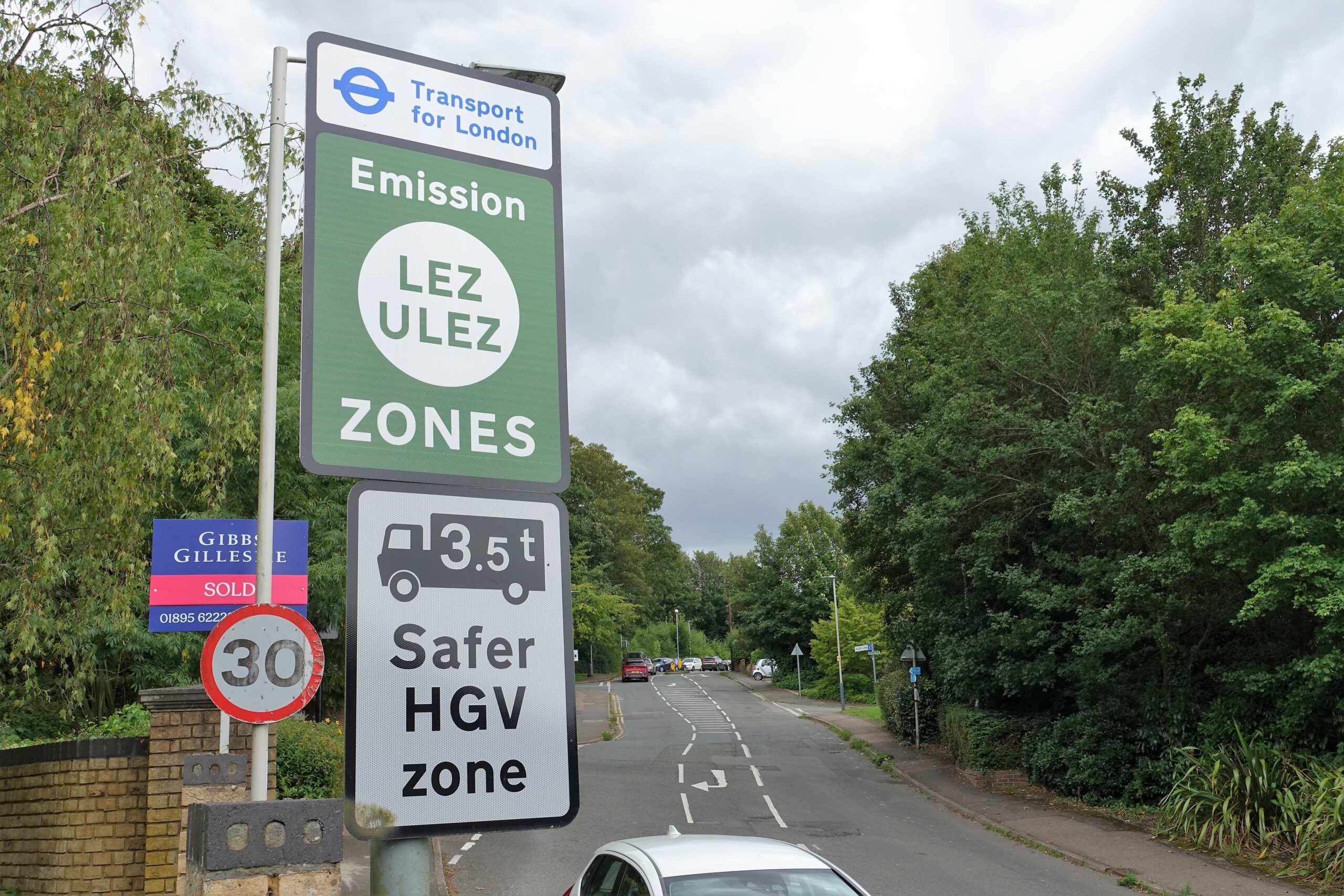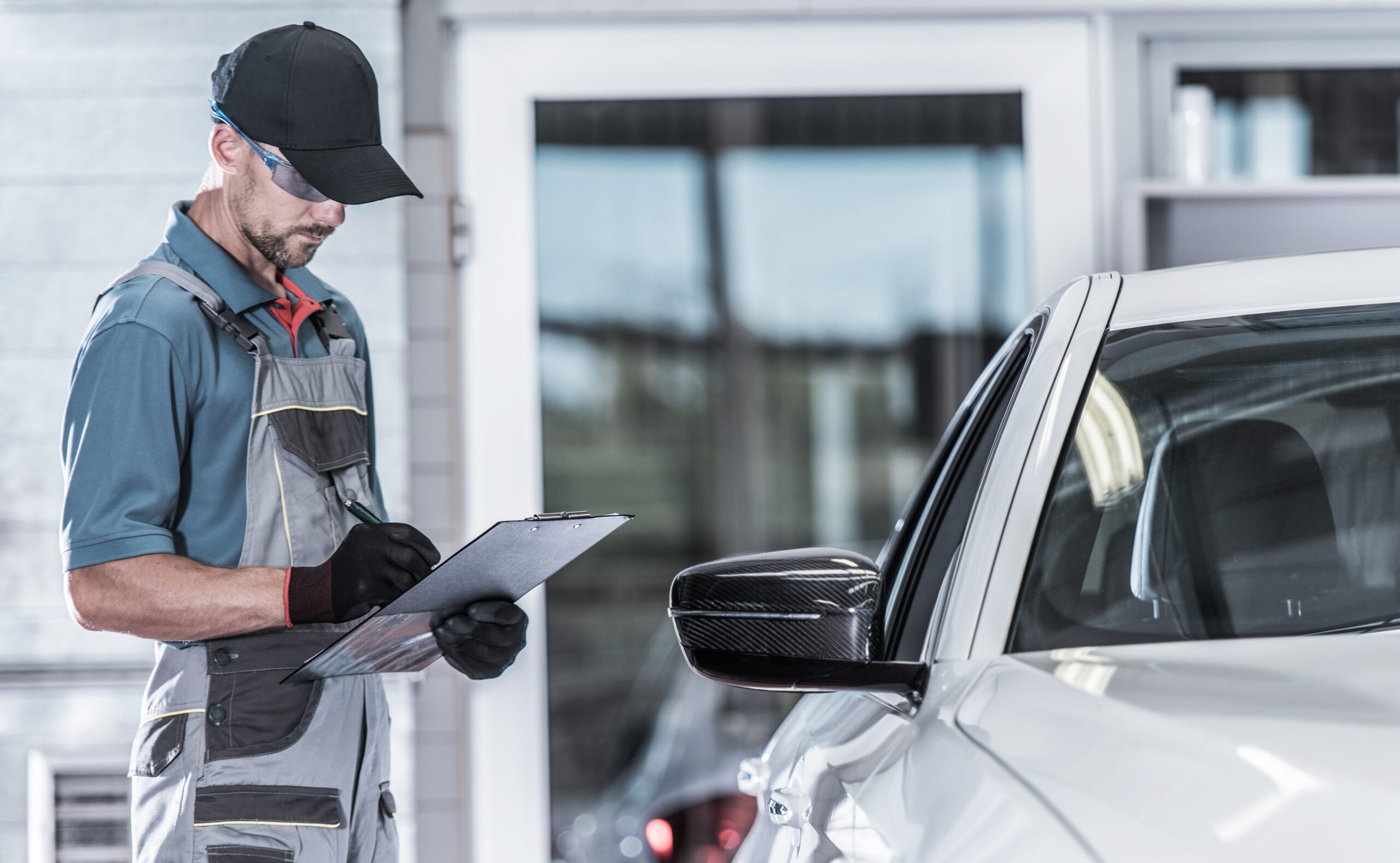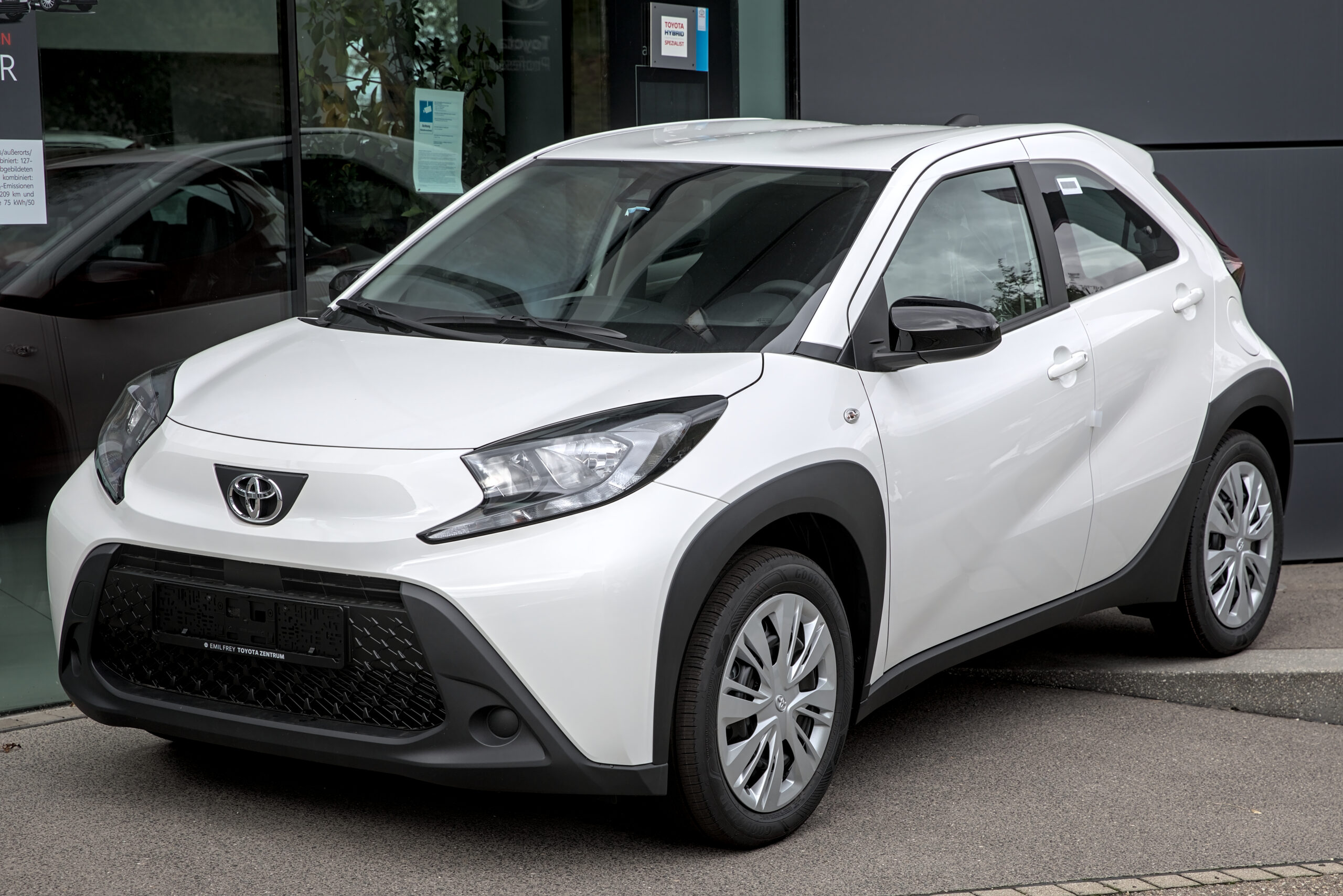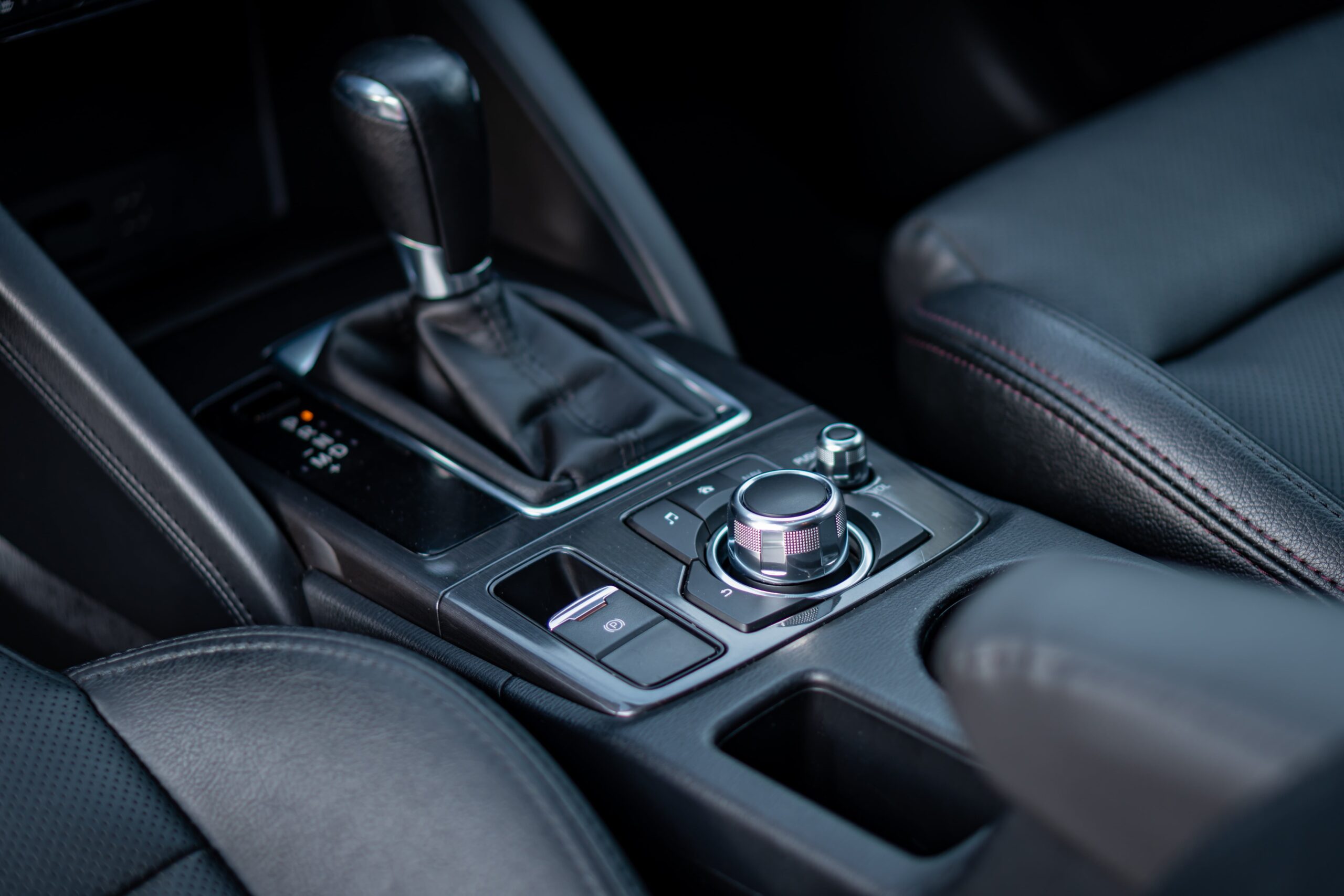
What are The Different Types of Car Finance Options?
When it comes to purchasing a car, the outright cash purchase is merely the tip of the iceberg in terms of available finance options. In today’s market, car buyers are presented with an assortment of car finance solutions, each with its unique advantages and considerations.
Whether you’re a first-time car buyer, a business owner in need of a fleet, or someone looking to upgrade your current vehicle, understanding the different types of finance can make all the difference in your decision-making process.
In this guide, we’ll explore the most common car finance options, to help you navigate the sea of choices and find the one that aligns best with your financial situation and lifestyle needs.
Hire Purchase (HP)
Hire Purchase is a popular method of financing a car in the UK, where you pay off the value of the car in monthly instalments over a fixed term. This option is essentially a hire agreement until the last payment is made, at which point ownership of the vehicle is transferred to you.
The process is quite straightforward – you typically pay a deposit, usually around 10% of the car’s value, and then the remaining balance, plus interest, is divided over a term agreed upon by you and the lender, generally between 12 to 60 months.
For example, if the car costs £15,000 and you pay a deposit of £1,500, you would finance the remaining £13,500 plus interest.
Hire Purchase agreements are appealing to those who want the certainty of a fixed interest rate and monthly payment, and who aim to own the car outright at the end of the finance term. However, it is worth noting that the car is not legally yours until the final payment is made.
Pros:
- Fixed interest rates and monthly payments.
- Flexible term lengths.
- No mileage restrictions.
- You will own the car outright after the final payment.
Cons:
- Monthly payments can be higher than other options, such as Personal Contract Purchase (PCP).
- The car is at risk of repossession if you fail to keep up with payments.
- You don’t own the car until the final payment is made.
Hire Purchase is considered suitable for individuals who prefer ownership but want to spread the cost of their purchase over time. It is less suited for those who enjoy switching cars frequently or who are unsure of their long-term vehicle needs.
Personal Contract Purchase (PCP)
Personal Contract Purchase, commonly referred to as PCP, is another prevalent car finance option in the UK that provides flexibility at the end of the agreement.
Under PCP, you pay an initial deposit, followed by lower monthly payments over a fixed period, typically 12 to 48 months. What sets PCP apart is that these payments only cover the depreciation of the car, not its entire value.
At the start of a PCP agreement, the lender will set a Guaranteed Future Value (GFV) for the car. This is an estimate of the car’s value at the end of the agreement and represents the optional final payment if you wish to take ownership of the car.
For example, if a car is worth £20,000 and the GFV after 3 years is set at £8,000, your monthly payments will cover the £12,000 difference, plus interest.
When the agreement ends, you have three options:
- Pay the GFV and own the car outright.
- Hand the car back to the dealership, ending the agreement without further payments, provided the car is in good condition and within the agreed mileage limit.
- Part-exchange the vehicle for a new car on another PCP agreement, using any equity above the GFV as a deposit.
Pros:
- Lower monthly payments compared to HP, as you’re only covering the car’s depreciation.
- Flexibility at the end of the agreement, with the choice to buy, return, or part-exchange the car.
- The option to drive a new or more expensive car more often.
Cons:
- If you exceed the agreed mileage, you’ll be charged for every extra mile.
- You may face charges for any damage beyond normal wear and tear.
- You don’t own the car during the finance term and will have to pay the GFV to own it at the end.
Personal Contract Purchase is ideal for individuals who like to change cars regularly, desire lower monthly payments, and want options at the end of their finance term. It’s less appropriate for those who prefer to own their cars outright from the start or who may not be able to predict their mileage accurately.
Also Read: What Mileage is Good for a Used Car?
Leasing (Personal Contract Hire)
Leasing, also known as Personal Contract Hire (PCH), is a car finance option where you essentially rent the car for a long-term period instead of owning it. This method is gaining popularity as it allows individuals to drive a new car without the financial burden of full ownership.
When you opt for a lease, you agree to pay a fixed monthly rental for the use of a car, such as a Range Rover, over a set period, generally between 24 to 48 months. The leasing company retains ownership of the car, while you enjoy the privileges of driving it.
At the end of the lease term, you simply return the vehicle to the leasing company, freeing yourself from any concerns about resale or depreciation.
For example, if you’re interested in a Range Rover Lease, you would choose your model, agree on an annual mileage limit, and pay an initial rental – often equivalent to three to six times the monthly payment.
If the chosen Range Rover has a value of £40,000 and you lease it over three years, with an estimated residual value of £24,000, you would pay for the £16,000 depreciation (plus interest and fees) over the lease period.
Pros:
- Access to a premium vehicle like a Range Rover with a more affordable upfront cost.
- Fixed monthly payments for easy budgeting.
- No worries about the car’s depreciating value or selling it on.
- Routine maintenance and service can be included in the lease agreement.
Cons:
- There is no option to purchase the car at the end of the term.
- You must adhere to the agreed mileage limit or face excess mileage charges.
- You may incur charges for any damage that goes beyond the agreed wear and tear.
Leasing is ideal for those who enjoy driving the latest models every few years and appreciate fixed monthly costs with no hassle regarding the car’s future value. However, it’s less suited for those who prefer the idea of ownership or who drive considerably more miles than the usual contract allows.
A Range Rover Lease, in particular, may appeal to drivers who value luxury and performance but don’t want the long-term commitment of traditional financing options.
Personal Loan
A personal loan might be the simplest form of car finance. With a personal loan, you borrow a fixed amount of money over a set period, typically with a fixed interest rate, to purchase your vehicle.
For example, if you decide to buy a car priced at £15,000, you can take out a personal loan for that amount and then repay it over, say, 5 years.
Here’s how it works: After obtaining a personal loan from a bank, credit union, or online lender, the borrowed amount is paid in a lump sum, which you can use to buy the car outright from the seller.
You’ll then make regular monthly repayments until the loan is paid off. Using the same £15,000 example, with a 7% interest rate over 5 years, your monthly payments would be approximately £297, and the total amount repaid would be roughly £17,820.
When considering a personal loan, one of the main advantages is ownership – you own the car immediately after purchase, which means there are no mileage limits or restrictions on modifications, unlike leasing or PCP agreements. Additionally, personal loans can offer competitive rates, particularly if you have an excellent credit history.
However, the drawbacks include potentially higher monthly repayments than alternatives such as PCP or leasing because you’re financing the full purchase price of the vehicle. Also, if your credit rating isn’t great, the interest rates can be significantly higher, which increases the overall cost.
Pros:
- Immediate ownership of the car upon purchase.
- No mileage or customisation restrictions.
- Fixed interest rates and monthly payments.
- Options to shop around various lenders for the best rates.
Cons:
- Potentially higher monthly payments compared to PCP or leasing.
- Interest rates can be high if you have a poor credit rating.
- A longer loan term can substantially increase the total amount repaid.
- The car will depreciate, but you’ll still be paying off the full loan amount.
A personal loan is suitable for those who have a good credit score and desire immediate ownership without the restrictions associated with other car finance options. It’s ideal for buyers who intend to keep their car for a long time and can comfortably afford the monthly repayments. On the other hand, it’s less suited for those who aim for lower monthly costs or who like to change their vehicle frequently.
0% Finance
0% finance, also known as interest-free credit, is a car finance option where you pay back only the cost of the car without any interest on the loan. This can seem like an attractive proposition because it means your monthly repayments go entirely toward paying off the car itself, and not any additional finance charges.
Here’s how it generally works: A car dealership or manufacturer may offer a 0% finance deal on certain models to encourage sales. You would typically need to pass a credit check and may be required to pay a deposit, often a percentage of the car’s price. You then pay monthly instalments over the agreed finance term, which could be, for instance, 3 years.
For example, imagine you want to buy a car that costs £20,000 on 0% finance over a 3-year period. If you’re required to pay a 10% deposit, that means you’ll pay £2,000 upfront. The remaining £18,000 is then divided over 36 months, equating to monthly payments of £500. At the end of the term, you will have paid exactly £20,000, with no extra charges assuming you meet all the payments on time.
Pros:
- No interest means lower overall costs compared to other financing options that include interest rates.
- More of your monthly payment goes toward the car’s principal rather than interest.
- It can make buying a new car more affordable in the short term.
Cons:
- 0% finance deals can be harder to qualify for because they often require an excellent credit rating.
- These deals may not be available on all cars or may only apply to certain models or stock that the dealer wants to shift.
- Larger deposits are often required, and the repayment terms may be shorter, resulting in higher monthly payments.
- You might forego other discounts or promotions that cannot be combined with 0% finance offers.
0% finance is an excellent option for buyers who prefer new or nearly-new cars and have the financial stability to afford potentially higher monthly repayments without the burden of interest. It’s well suited for those with a strong credit score who can qualify for these deals.
Conversely, it’s perhaps not the best choice for those seeking a used car or who may struggle with the strict credit requirements or higher monthly payments often associated with 0% finance agreements.
Also Read: How to Remove Cat N From Car? Is That Even Possible?
0% Purchase Credit Card
A 0% purchase credit card can be an innovative way to finance a car purchase without incurring interest for a set period. This financial instrument allows you to make large purchases and repay the balance over time without the additional cost of interest, provided you pay off the balance before the promotional period ends.
Here’s how it typically works: You apply and get approved for a 0% purchase credit card with a promotional offer lasting, for instance, up to 18 months. During this time, any purchases you make will not accrue interest. This can be particularly useful for financing part or all of a car purchase.
For example, imagine you’ve been approved for a 0% purchase credit card with a £10,000 limit, and you buy a £10,000 car using the card. With a 0% introductory period of 18 months, you’d have one and a half years to pay off the car without paying any interest, which would equate to monthly payments of approximately £556.
Pros:
- No interest accrues during the promotional period, allowing for interest-free financing of a vehicle.
- Flexibility to make larger purchases immediately and spread the cost over time.
- Making payments on time and in full can help improve your credit rating.
Cons:
- If the balance is not paid off during the promotional period, high interest rates typically apply thereafter.
- Requires disciplined budgeting to ensure the car is paid off before the promotional offer expires.
- Credit limits may not cover the full cost of the car, requiring additional financing methods.
- Not all applicants will qualify for a 0% purchase credit card, with good to excellent credit commonly required.
A 0% purchase credit card is a potential option for those with a strong credit score who are disciplined in their financial management and able to budget for the total car cost within the interest-free period.
It is less suitable for those who struggle with disciplined monthly repayments or who may not be able to repay the full amount before the end of the promotional period, potentially leading to sizable interest charges.
Can You Get Car Finance with Bad Credit?
Yes, obtaining car finance with a bad credit history is possible, although it can be more challenging and generally comes with higher interest rates.
There are lenders who specialise in providing car loans to individuals with less-than-ideal credit scores. These so-called ‘subprime’ loans often require more stringent proof of income and may involve larger deposits or guarantors to secure the agreement.
While this could make financing a car attainable, it’s essential to carefully consider the higher costs and ensure the repayments are manageable to avoid further financial strain.
Can You Sell a Car on Finance?
Selling a car on finance is possible through services like ExchangeMyCar, but it requires adherence to a process to ensure all financial obligations are met.
If you desire to sell a vehicle that’s still under finance, the first step is to get in touch with your finance company to request the ‘settlement figure’—the total amount required to clear your remaining debt.
Should the value of the car exceed the settlement figure, known as being in ‘positive equity’, any excess after the finance is cleared is yours to keep.
In contrast, with ‘negative equity’, where the outstanding finance exceeds the vehicle’s value, you’ll need to cover the shortfall.
When you choose to sell through a car buying partner associated with ExchangeMyCar, they can facilitate direct payment to your finance company, clearing your loan balance and smoothing out the transaction process.
Can You End Your Car Finance Agreement Early?
Yes, it’s possible to end your car finance agreement early, but how this is approached will vary based on the type of finance agreement you have. With a Personal Contract Purchase (PCP), you are entitled to end the agreement under a clause known as ‘voluntary termination’, provided you have repaid 50% of the total amount due.
If you haven’t reached the 50% mark, you’ll need to pay the difference before terminating the contract. For those with a leasing agreement, the conditions for early termination can be more complex.
Some agreements might require you to pay the entire remaining balance, while others might only ask for 50% of the outstanding rental fees. Additionally, some leasing providers may offer the flexibility to switch vehicles, though this is not always guaranteed.
When you have a Hire Purchase (HP) deal, under the Consumer Credit Act 1974, you also have the right to ‘voluntarily terminate’ your agreement once 50% of the loan value has been paid. This option may be appealing if you’re finding it challenging to keep up with repayments. However, to make use of this option, the car must be in suitable condition upon return, and you might be responsible for any necessary repairs.
Lastly, if you financed your car with a personal loan and wish to settle it early, you’ll need to request an ‘early settlement figure’ from your lender. This figure will cover the outstanding balance plus any early settlement charge that may apply — typically up to two months’ worth of interest as per the Consumer Credit Act.
Be sure to review your contract thoroughly or seek financial advice before attempting to cancel, as this will help you to understand the financial implications and requirements of early termination.




















